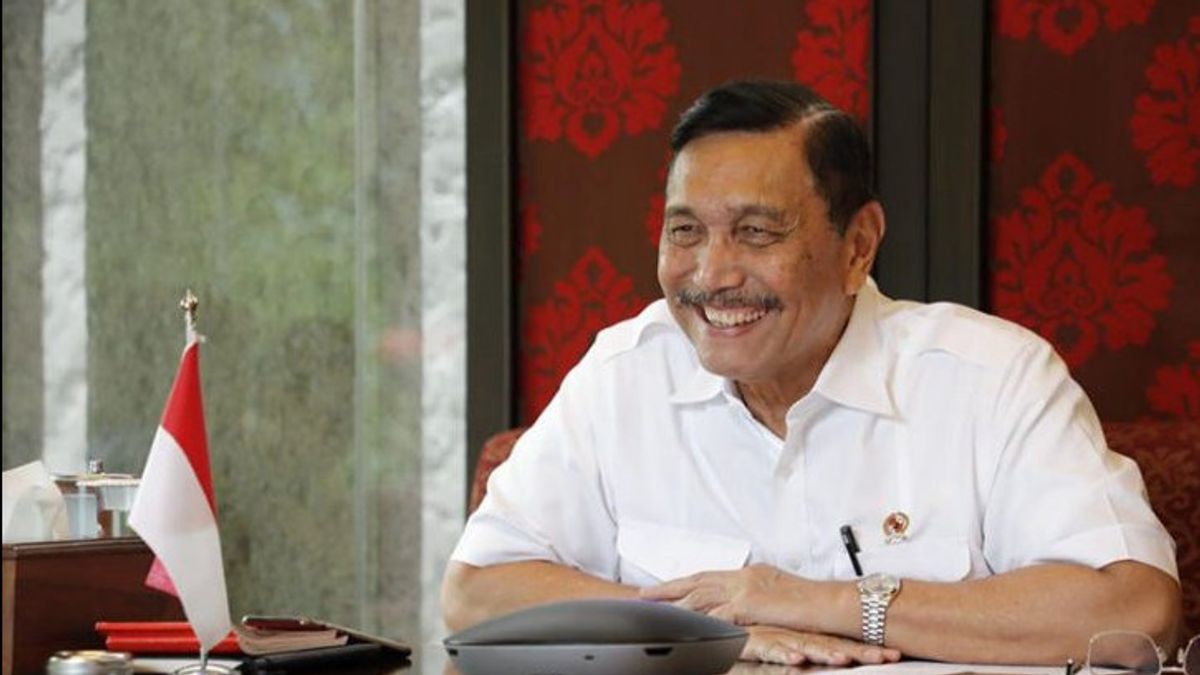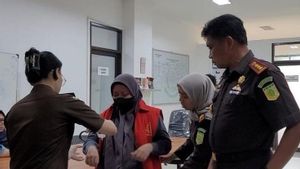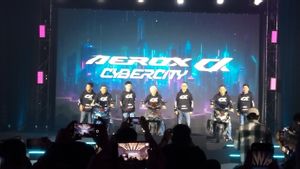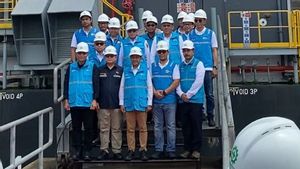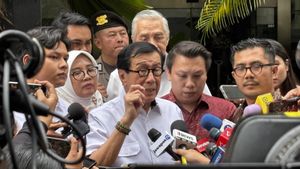JAKARTA - The Coordinating Minister for Maritime Affairs and Investment (Menko Marves) Luhut Binsar Pandjaitan said that the Indonesian and Japanese governments are collaborating on environmental issues. Especially in the field of environmental pollution and handling of marine debris, the process of which will begin to develop in 2019.
The Indonesian government also held a bilateral ministerial meeting with Japanese Environment Minister Koizumi Shinjiro and Environment and Forestry Minister Siti Nurbaya Bakar virtually on Thursday, February 18th.
According to Luhut, this meeting was held to discuss various collaborations between the Indonesian and Japanese governments, especially in terms of waste management, handling marine debris, handling water pollution in the Citarum River, and the issue of climate change.
"We have collaborated with the Japanese during the G20 meeting in Osaka, Japan in 2019. Since then, we have continued to communicate more intensively in terms of handling environmental issues in Indonesia with Japan," he said, in a written statement received by VOI. , Friday, February 19.
Luhut said the Indonesian government's efforts to deal with environmental issues such as handling marine debris had been running and was proven by issuing policies.
"This policy is a Presidential Regulation (PP) No. 83/2018 which involves 16 related ministries or agencies, to synergize activities that contribute to the handling of marine debris. It is targeted that by 2025, waste management in the sea will reach 70 percent," he explained.
According to Luhut, marine waste management should be carried out in a synergy, starting from upstream to downstream. For that, it is necessary to handle pollution in the watershed (DAS) due to waste.
This is also one of the solutions for the process of handling waste in the sea that is synergized from upstream to downstream. One example is the handling of pollution in the Citarum River watershed.
"We have carried out various policies and carried out various programs from 2018 to 2020. We have succeeded in reducing waste leakage into the sea from the river by 15 percent thanks to programs such as handling of watersheds in the Citarum River area," he said.
Luhut explained that the watersheds that are polluted by waste need to be processed. Through the collaboration between Indonesia and Japan regarding Waste to Energy (WTE) since 2017, the waste that has become a pollutant in the watershed has begun to be processed.
Meanwhile, the Japanese have started to make this happen by processing waste into electricity based on environmentally friendly technology (PSEL). This PSEL was built by the Japanese through JICA which has conducted a study in an effort so that the Legok Nangka PSEL in West Java can be an example of PSEL implementation for other regions.
The Japanese government has a strong commitment to tackling climate change with a policy of making it carbon neutral. On the same side, Indonesia also has the same commitment and is implemented through the existence of regulations on the implementation of Carbon Economic Value (carbon credit) to achieve national carbon emission reduction and carbon emission control in development.
"We are grateful for the waste treatment facility project with the governments of Indonesia and Japan through JICA in Legok Nangka. Waste treatment facilities are very much needed and very effective to tackle marine debris, promote a sustainable economy, and reduce plastic waste leakage from rivers into the sea," he said. Minister Koizumi.
The English, Chinese, Japanese, Arabic, and French versions are automatically generated by the AI. So there may still be inaccuracies in translating, please always see Indonesian as our main language. (system supported by DigitalSiber.id)
